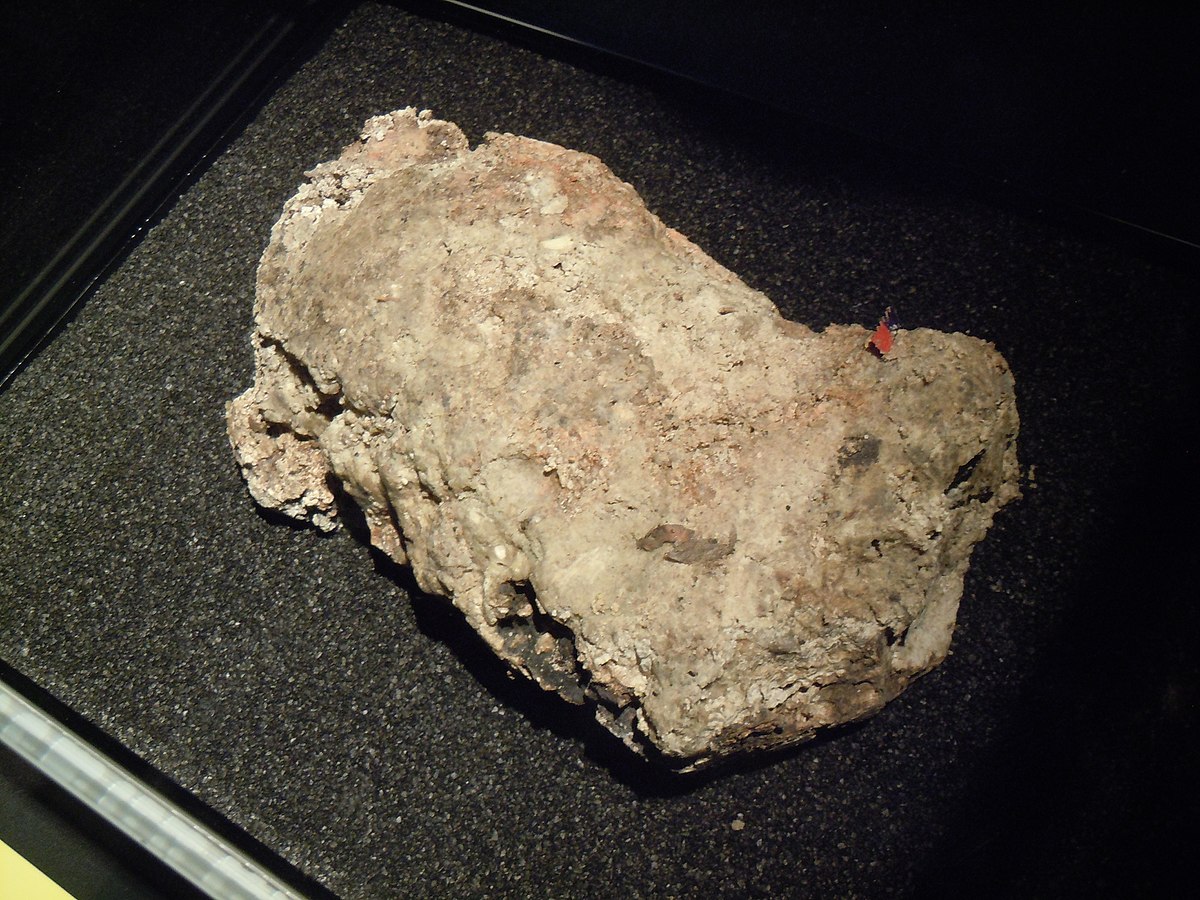UK Scientists Are Transforming ‘Fatbergs’ Made of Used Condoms and Grease Into Perfume

UK researchers have found a novel way to tackle the growing menace of ‘fatbergs’ in urban sewers—by converting them into delightful perfumes.
Fatbergs, those monstrous clumps of non-biodegradable waste like wet wipes and condoms, have long plagued cities like London and New York, causing significant blockages.
In 2017, a colossal fatberg weighing 286,000 pounds and stretching over 820 feet was extracted from London’s sewage system, highlighting the scale of the problem.
Stephen Wallace, a professor at the University of Edinburgh, is at the forefront of a groundbreaking approach to manage these sewer blockages.
By collaborating with a company specializing in sewer clog removal, Wallace utilizes genetically engineered bacteria that feast on the fatbergs.
These bacteria not only dissolve the waste but also convert it into a fragrance reminiscent of pine trees.
While still in the developmental stages, Wallace’s innovative method could revolutionize how cities handle their sewer systems.
The bacteria could be deployed directly into sewers and treatment facilities, where they would mitigate the fatberg problem and simultaneously produce valuable, sweet-smelling chemicals.
This sustainable solution not only promises to ease the burden on city maintenance but also adds a layer of economic benefit by transforming a costly nuisance into a profitable resource.
Wallace is optimistic about the potential of this technology to contribute to a more sustainable future and to address environmental challenges.
